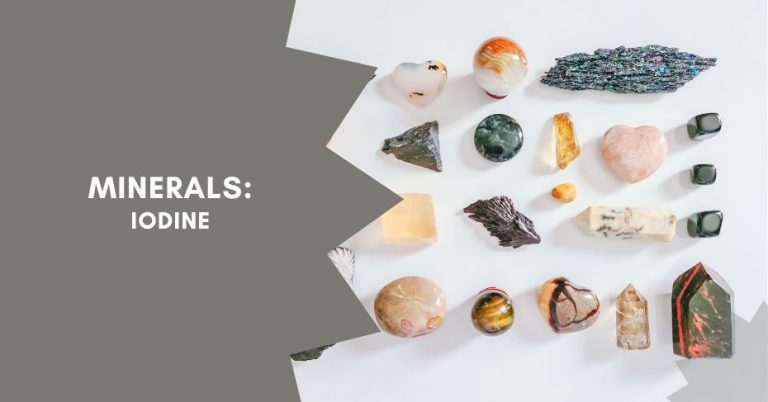Phosphorus is an essential mineral that plays a key role in the human body. It helps to keep bones and teeth healthy, assists with energy production and storage, and is necessary for the growth and repair of cells. In this blog post, we will explore why phosphorus is so important for your health and how you can make sure you’re getting enough of it.
What Is Phosphorus?
Phosphorus is one of the most abundant minerals in the human body. It is found naturally in foods like dairy products, eggs, meat, fish, nuts and seeds. Our bodies need phosphorus to help build strong bones and teeth as well as support normal cell function. The majority of phosphorus in our bodies is stored in the bones and teeth but it also plays an important role in other bodily processes such as energy production at the cellular level.
The Role of Phosphorus in Our Bodies
Phosphorus works together with calcium to promote bone strength; it helps convert food into energy, creates proteins needed for cell growth, and helps aid muscle contractions. Foods like dairy products, nuts, beans, fish, eggs, whole grains, and poultry are all high in phosphorus. If you’re looking to get more phosphorus into your diet naturally (as opposed to taking a supplement), these types of foods are great sources.
Many people don’t realize that having too little or too much phosphorus can have negative effects on their health. Having too little phosphorus can lead to weak bones and fatigue due to lack of energy production. On the other hand, having too much phosphorus can cause calcium to be excreted from the body through urination which can weaken bones over time as well as lead to kidney damage. Therefore it is important to make sure you are getting enough—but not too much—phosphorus in your diet.
The Recommended Dietary Allowance (RDA) for phosphorous is 700 milligrams per day for adults age 19-70 years old; adolescents ages 9-18 should aim for 1250 mg/day while children 1-8 should aim for 460 mg/day. Pregnant women should consume 1200mg/day while breastfeeding women should consume 1250mg/day. High levels of phosphorous can come from foods rich in vitamin D such as fortified milk or orange juice so it is important to track your intake if you are taking supplements with vitamin D as well as eating food with added vitamins or minerals like breakfast cereals or snacks bars.
The Benefits of Phosphorus
Phosphorus helps to build strong bones and teeth. This mineral works alongside calcium to provide the structure that these tissues need. It also plays an important role in energy production and storage in the body, as well as aiding with muscle contraction and nerve function. Additionally, phosphorus helps to maintain a normal acid-base balance in the blood, which helps to protect organs from damage due to acidic conditions.
On top of all that, phosphorus is critical for DNA synthesis, cell repair, cell growth, enzyme activation, hormone secretion and absorption of other nutrients like vitamins B2 (riboflavin) and B12 (cobalamin). As such, it’s easy to see why phosphorus plays such an important role in overall health.
Getting Enough Phosphorus
The recommended daily intake of phosphorus for adults aged 19-70 years old is 700mg per day. This can be obtained through a balanced diet including foods like dairy products (milk, cheese), nuts (almonds), fish (salmon), eggs and dark green vegetables (spinach). If you are unable to get enough phosphorus through diet alone then you may wish to consider taking dietary supplements to ensure your body has sufficient levels of this essential mineral.
Bottom Line
In conclusion, phosphorus plays a key role in the human body by helping build strong bones and teeth, aiding with energy production and storage as well as assisting with muscle contraction and nerve function. Therefore it’s important that you make sure you’re getting enough phosphorus each day through a balanced diet or supplementation if necessary. Taking care of your nutrient needs now will help ensure your long-term health later on down the line!





